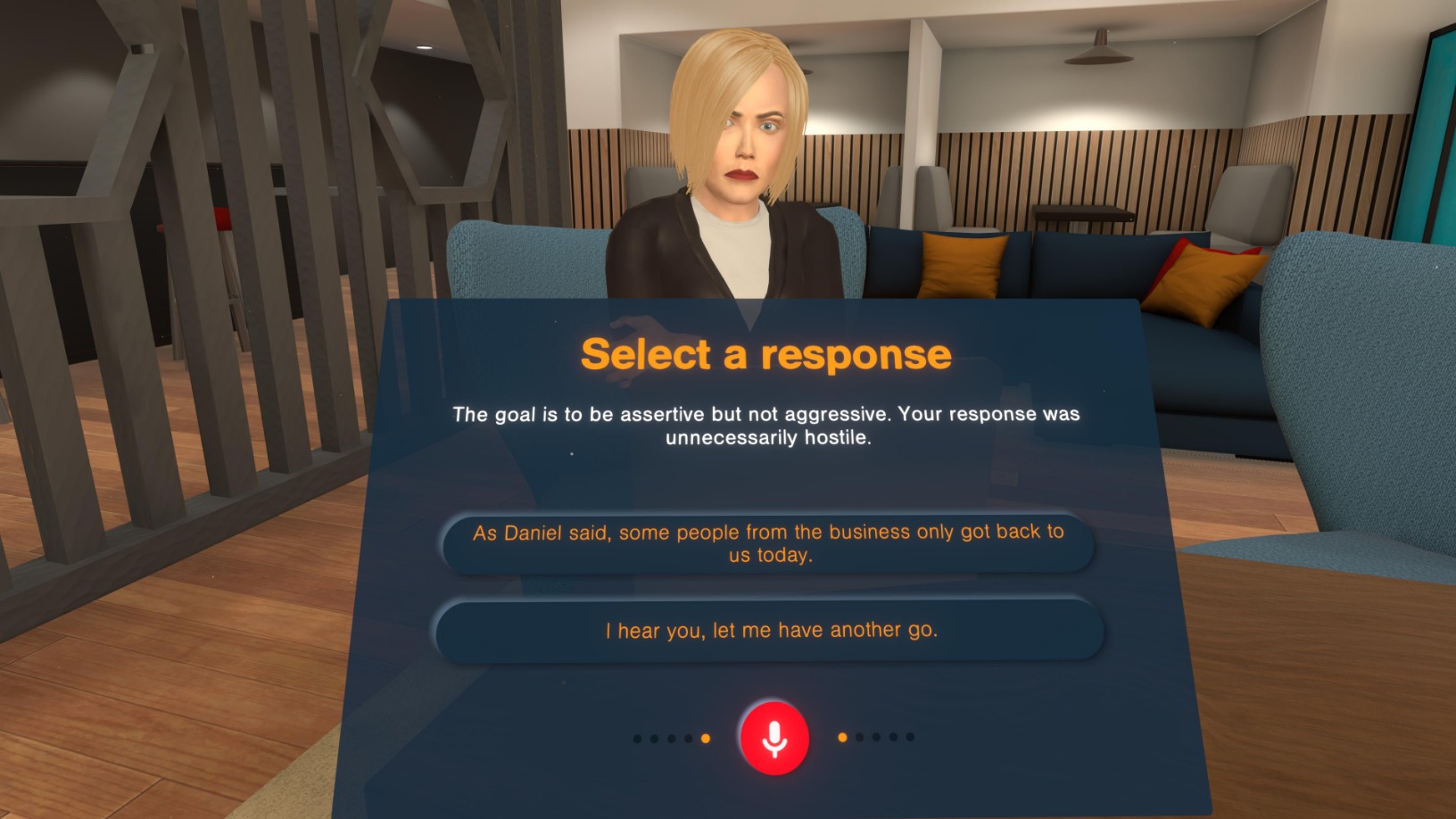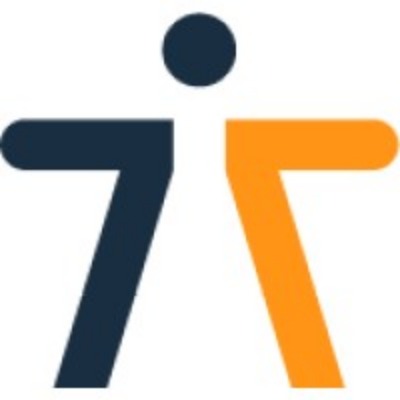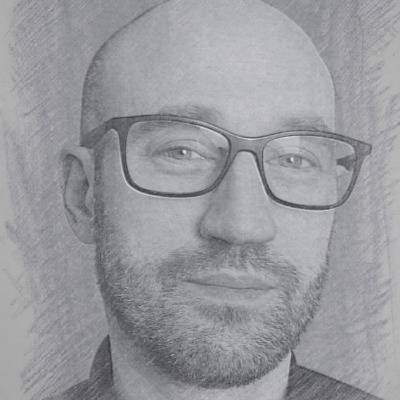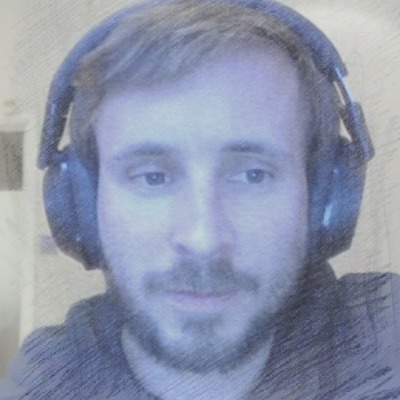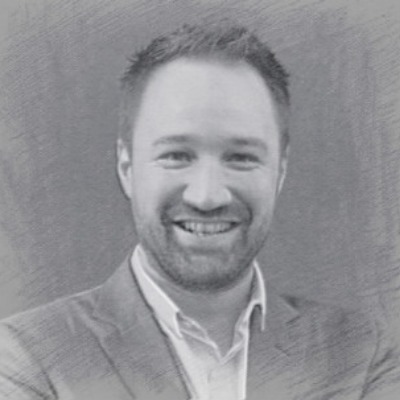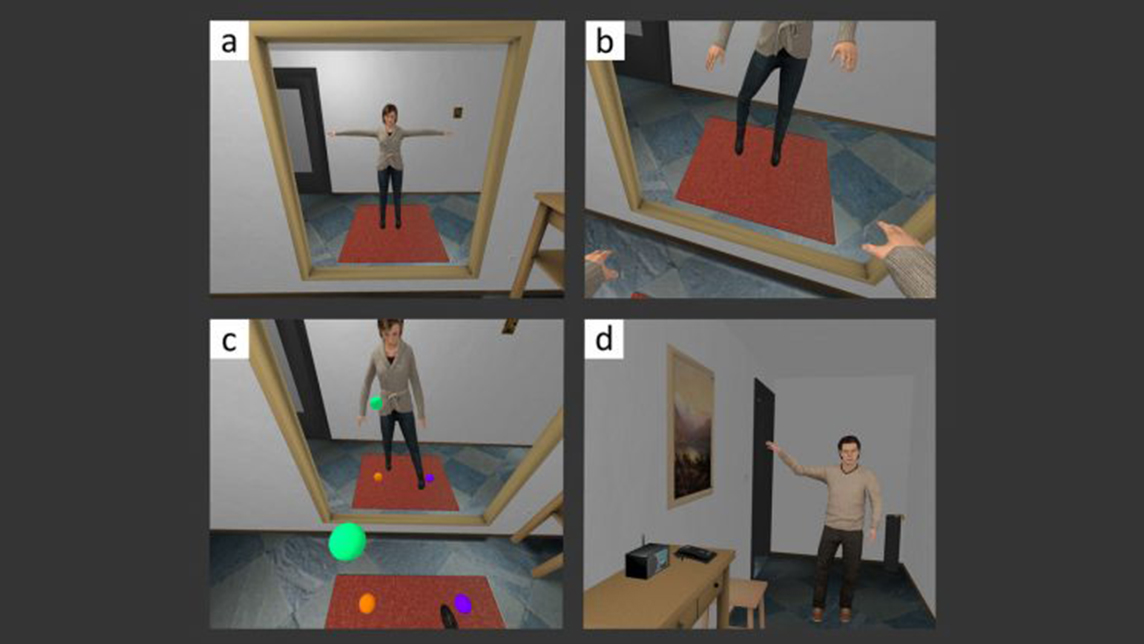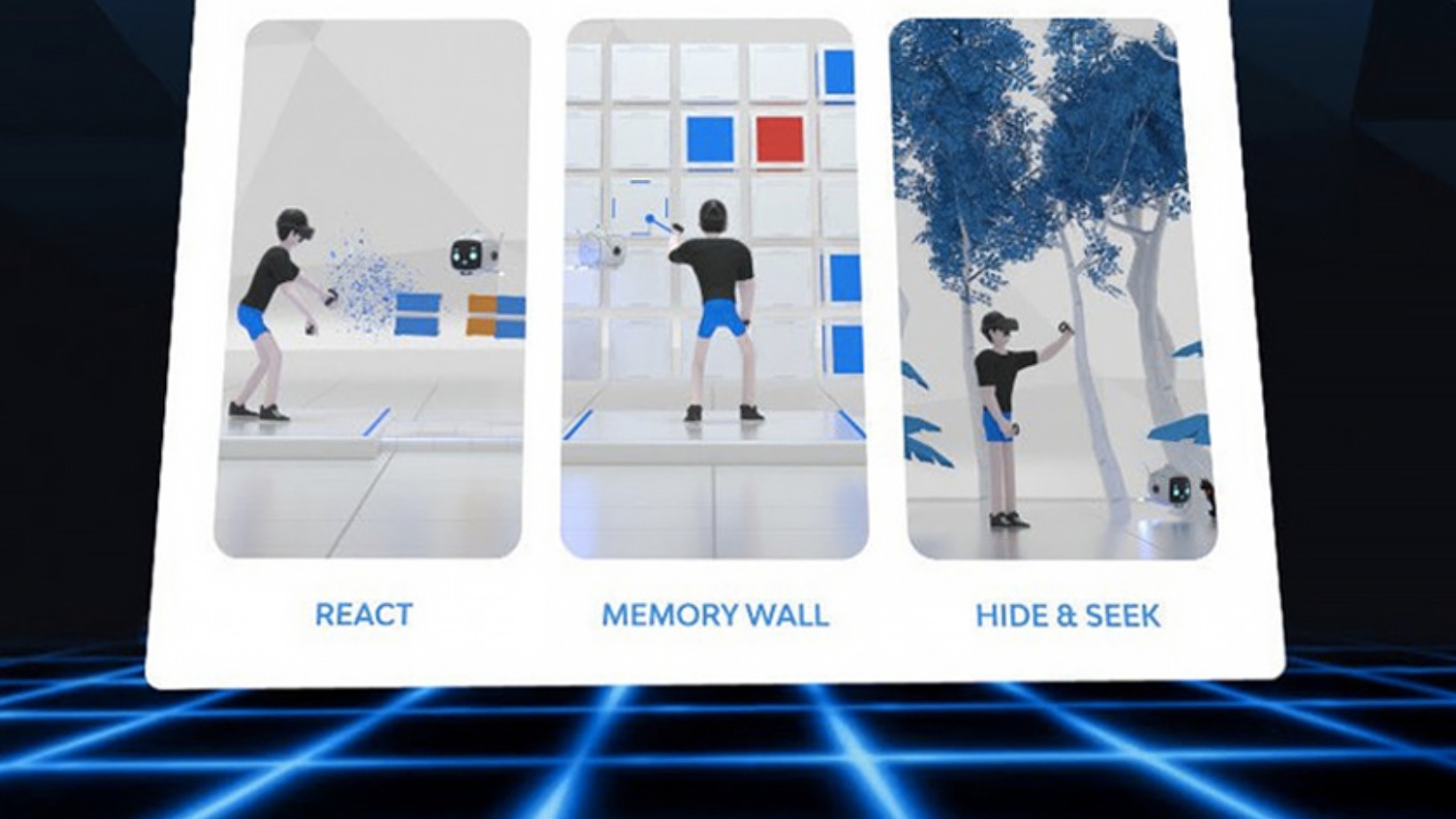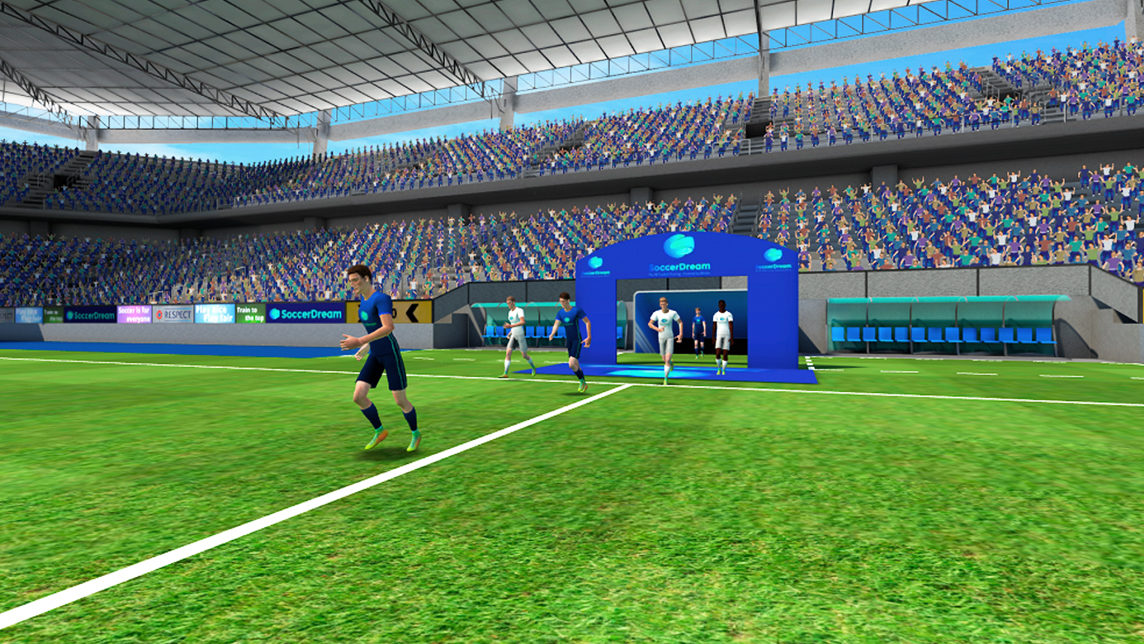Soft skills is a buzzword in today's workplace, especially in management training, but how do employees acquire them or receive training in them? London-based startup Bodyswaps is the first to attempt to develop soft skills using VR tech more commonly used in simulators for hard-skills training.
Soft skills are increasingly considered essential to both management and HR departments for reasons including that 50% of employees leave the workplace due to poor management. The ability to communicate one’s leadership ability, critical and creative thinking, curiosity and other aspects of emotional intelligence is also vital in job interviews. But the market lacks access to soft-skills training, Bodyswaps CEO and co-founder Christophe Mallet said.
“How can you train your job interview skills right now? If you're lucky, you might have one mock interview with a career advisor. More often than not, even that doesn't happen," he said. Using Bodyswaps, "not only can you train your performance but you can also send it to a careers advisor who can observe your answers and then give you feedback.”
The software is aimed at large organizations’ corporate innovation and learning teams, or HR departments in smaller companies, to train soft skills more subtly than flight simulators or therapy applications, but to equal effect. In under two years, the British startup of French origin has attracted clients like Sage and the United Nations' Refugee Agency (UNHCR) for its three standalone modules released to date: Active Listening, Clear Communication, and Gender Inclusion.
Owing to its early partnership with the Humanitarian Leadership Academy, a learning provider for the NGO sector for whom it produced a pilot, Bodyswaps also gained several other high-profile charity customers including Save the Children. Other big corporate names will soon be added to the roster, Mallet said in an interview following the startup’s recent participation in Madrid’s South Summit.
Recreating experiences, empathy
Bodyswaps will also launch two new products: Inclusive Management, for developing listening skills, managing conflicts and constructive feedback; and Employability, which has a simulated job interview as its main offer. The software is available in English and French and is compatible with iOS, Android and the VR headsets Oculus Quest, HTC Vive Focus+ and Oculus Rift.
Mallet, a management graduate with no experience in VR and no IT background, was inspired by VR technology in 2015 when introduced to it by friend, Bodyswaps’s COO and co-founder Julien Denoël, a digital and VR marketeer, to the point where Mallet quit his job to work with the technology.
“Someone had recreated the Night Cafe, the painting by Van Gogh in three dimensions and when you put on a headset, you effectively walked inside the Van Gogh painting,” Mallet recalled. “When I saw that, I thought this was a completely new world for storytelling. I picked up my jaw from the floor and I quit my job a couple of weeks later.”
The pair founded the immersive marketing agency Somewhere Else in 2016. This eventually developed the first two prototypes for Bodyswaps’s technology and gained big-name clients including Adidas, for whose work it was awarded as one of 2018’s Top 10 VR Marketing Experiences by Virtual Reality Marketing. In early 2019, Somewhere Else pivoted to VR soft-skills training and the Bodyswaps software was born. Despite the marketing agency’s success, the co-founders closed it, betting all on soft-skills VR.
Pilots spend “hundreds of thousands” of hours in a VR simulator training for all kinds of dangerous situations – something impossible to carry out in real life – before they qualify to fly, Mallet said. Bodyswaps works by the same model.
“Often, you can't just learn on the job and try new things. And so you have a massive gap between the classroom and the real world," he said. "Now, with VR, we can take this idea of the flight simulator and bring it to each skill, simulating a difficult conversation instead of a plane incident. And we can play the conversation out and find out what happens when we make mistakes, which is not something you can do in reality.”
Mallet also researched the impact of VR technology on subconscious behavior while giving classes on immersive marketing at Somewhere Else. “There are a lot of studies that show what happens to your behavior when you are virtually put in the body of someone of a different age, gender or race. Your behavior toward those people changes after the experience, with more ability to empathize,” he said.
So, when Somewhere Else got its first non-advertising brief from education publishers to train psychiatric nurses in 2018, the co-founders jumped at the opportunity.
“The first Bodyswaps experience involved listening intently to Susan, a suicidal patient, and then being tasked with both memorizing her words and also giving her ideas on how to cope better with her day. Then you would swap to Susan's body and you would see yourself to demonstrate how you came across when trying to help Susan out,” Mallet said.
“So that idea of swapping and self-reflection is really the secret ingredient in learning. First realizing stuff and then putting it into practice to reinforce the learning. In terms of applicability, we realized basically anyone could benefit from practicing difficult conversations with their target audience."
Government and HTC funding
Just before founding Bodyswaps at the start of 2019, the team built another VR prototype giving feedback to an employee who had poor performance. That is now set to be one of its upcoming modules published before year-end. The feedback from trialers was that it could be used for leadership training.
The co-founders soon received a grant of £200,000 from the UK governmental agency Innovate UK as part of its Immersive Technology Investment Accelerator program. The co-funded public-private partnership grant also saw £125,000 provided by HTC Vive X, the investment arm of HTC, one of the two biggest VR headset manufacturers on the market.
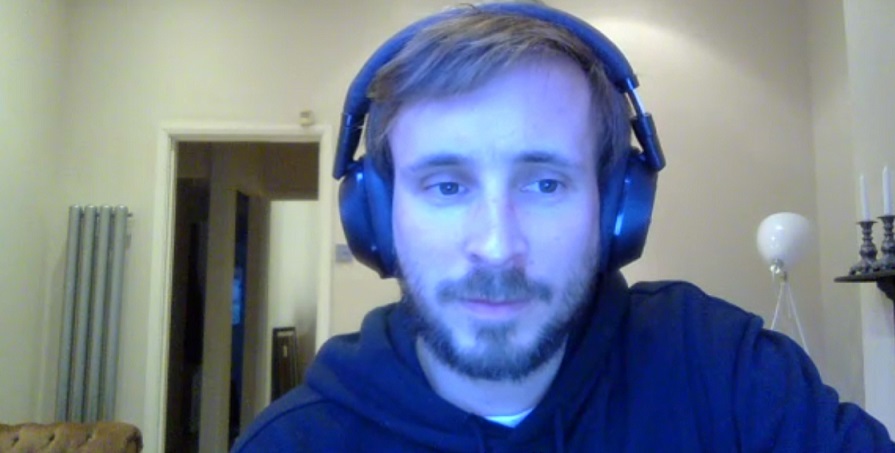
Each Bodyswaps module has been tested by behavioral scientists and consists of mini-exercises surrounding a simulation lasting around 15 minutes. Each of the current products, Active Listening, Clear Communication, and Gender Inclusion, offer three levels of practice: observation, conversation and intervention. Active Listening is the most popular to date.
The observational exercise consists of the user picking an avatar and then observing two or more characters to identify poor behavior. The user then needs to click on their control every time they see poor behavior, such as an interruption or rude body language. At the end of each observation, the user is assessed by indicating the examples of poor behavior both identified and missed. The user can then revisit each minute of behavior in a replay but this time as the avatar of the recipient of that behavior.
In the conversation segment, the user has a choice of three questions to ask the characters in the simulation and the conversation moves forward upon selecting the correct choice. If an incorrect choice is selected, the user sees a strong reaction from the character in question and receives an explanation of the mistake.
“So the conversation is essentially a playground for you to try different tactics and find out what happens when we do make a mistake, which is not something you can do in reality,” Mallet said.
He refers to the third level, intervention, as “the secret sauce of Bodyswaps.” It provides the possibility for the user to express himself or herself in an unscripted way. The user observes a simulation and then has the opportunity to ask questions to prompt a character to reflect on their behavior, to provide feedback to the characters and to suggest improvements. “It’s the most difficult part because it's a bit of a rabbit-in-the-headlights moment, but that's really where you learn," according to Mallet.
“Bodyswapping” creates empathy
There is no score per se. Instead a checklist is presented summarizing the correctness of response and empathy shown by the user in each simulation, with the software assessing both the language and body language demonstrated. The user receives either a positive reinforcement for correct behavior or a tip on how to improve. Bodyswaps’s software records both the user’s voice and spatial data gleaned from the VR headset and console, for example head movements indicating stress, to help build sophisticated personalized feedback.
The scene is then recreated with the user placed in the avatar of the character they have examined, becoming their "bodyswap" and using their voice and body language. “So you get to turn the tables, step into someone else's shoes and viscerally get to feel the effect of your behavior. You learn a lot from that reflection,” the CEO said.
At the beginning of 2020, a third co-founder and CTO Tom Szirtes, a VR and AR games developer, joined the team. This paved the way for the Inclusive Management and Employability products to be almost entirely developed in-house with a team of developers numbering from three to ten at any given time. The modules work similarly to other the earlier ones and will be released in the final weeks of 2020.
The Employability module is a simulator for job interview skills aimed more at employment agencies and further education colleges rather than HR departments. To be released in the first quarter of 2021, it provides a set of questions tailored to different kinds of jobs, including both job-specific and classic interview questions about strengths and weaknesses that can be practiced as many times as required. The program will also enable users to watch model interventions and to be assessed using both the content of responses given and AI-powered semantic analysis that detect, for example, stress in the tone of voice.
More companies have VR headsets
In October 2020, Bodyswaps raised £470,000 in a seed round from the UK-based Ufi Ventures and Haatch, and Cypriot investor D Moonshots, to help deploy the software and finish the development of Employability.
The startup operates a SaaS business model with prices according to the number of users or number of sessions and is typically piloted by a company prior to purchase of a license. “It is a lot easier to sell the business case to each company when the data is already tailored to each company because of earlier trial users,” Mallet said.
After previous false starts in the wide-scale take-off of VR technology, Mallet is convinced that the time has finally arrived for corporate use.
“What we find is we've entered anew phase in the market where most of the clients we talk with already have a few headsets and the number of companies using VR is increasing fast. So, we're no longer trying to convince companies of the value of VR or explain how it works. The attitude now is more ’What is the best use I can make of these headsets for training and self-assessment?’”
